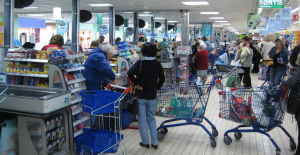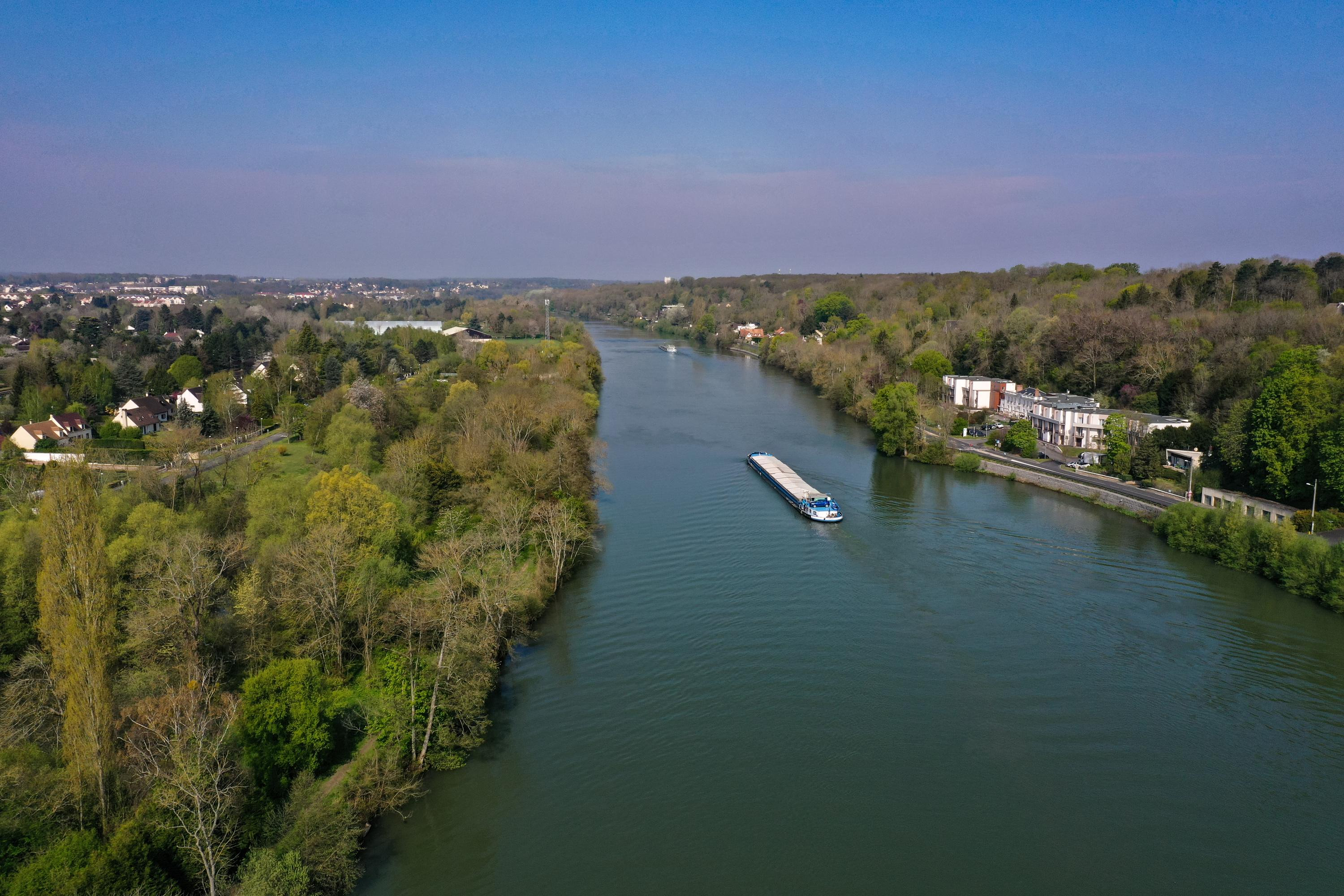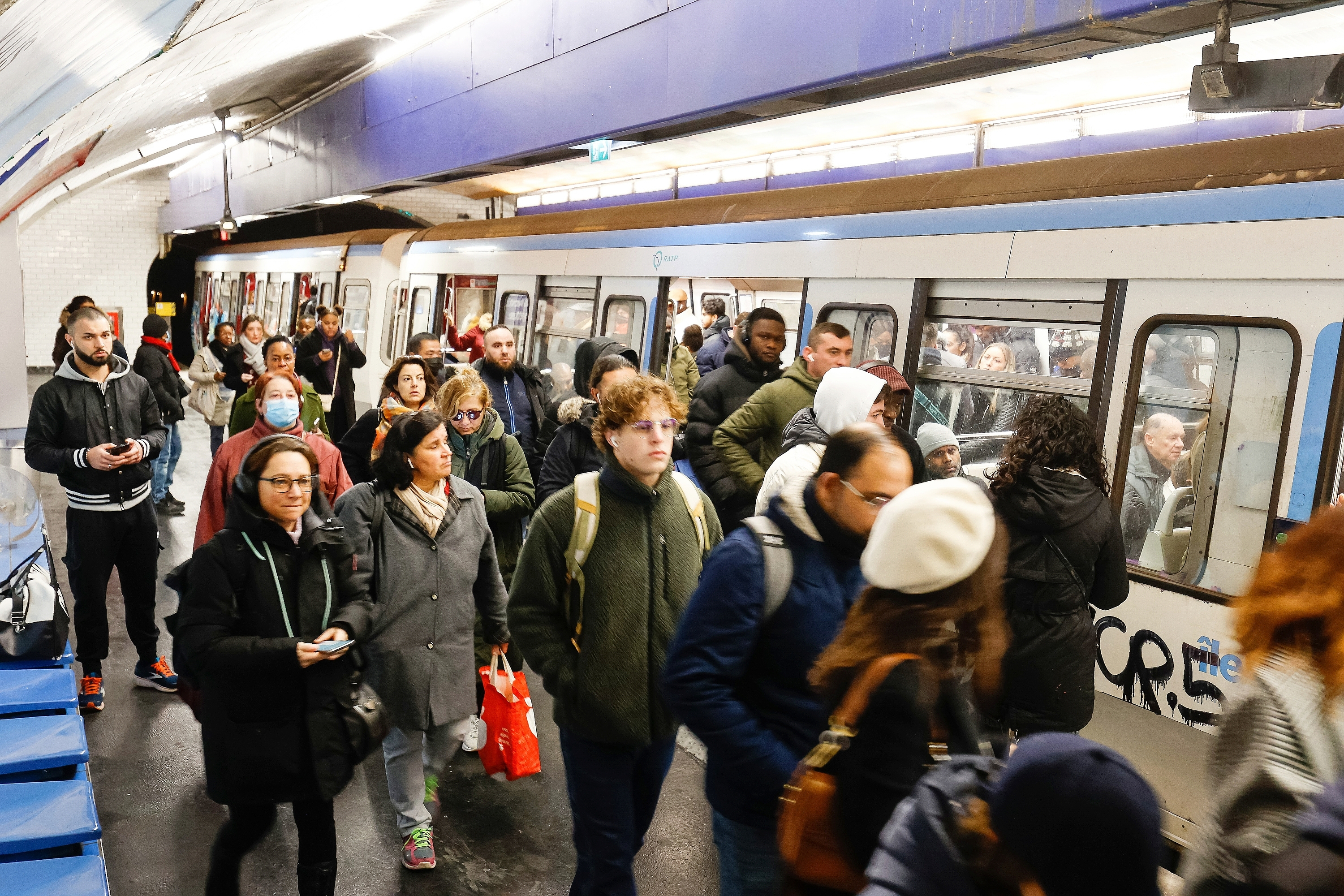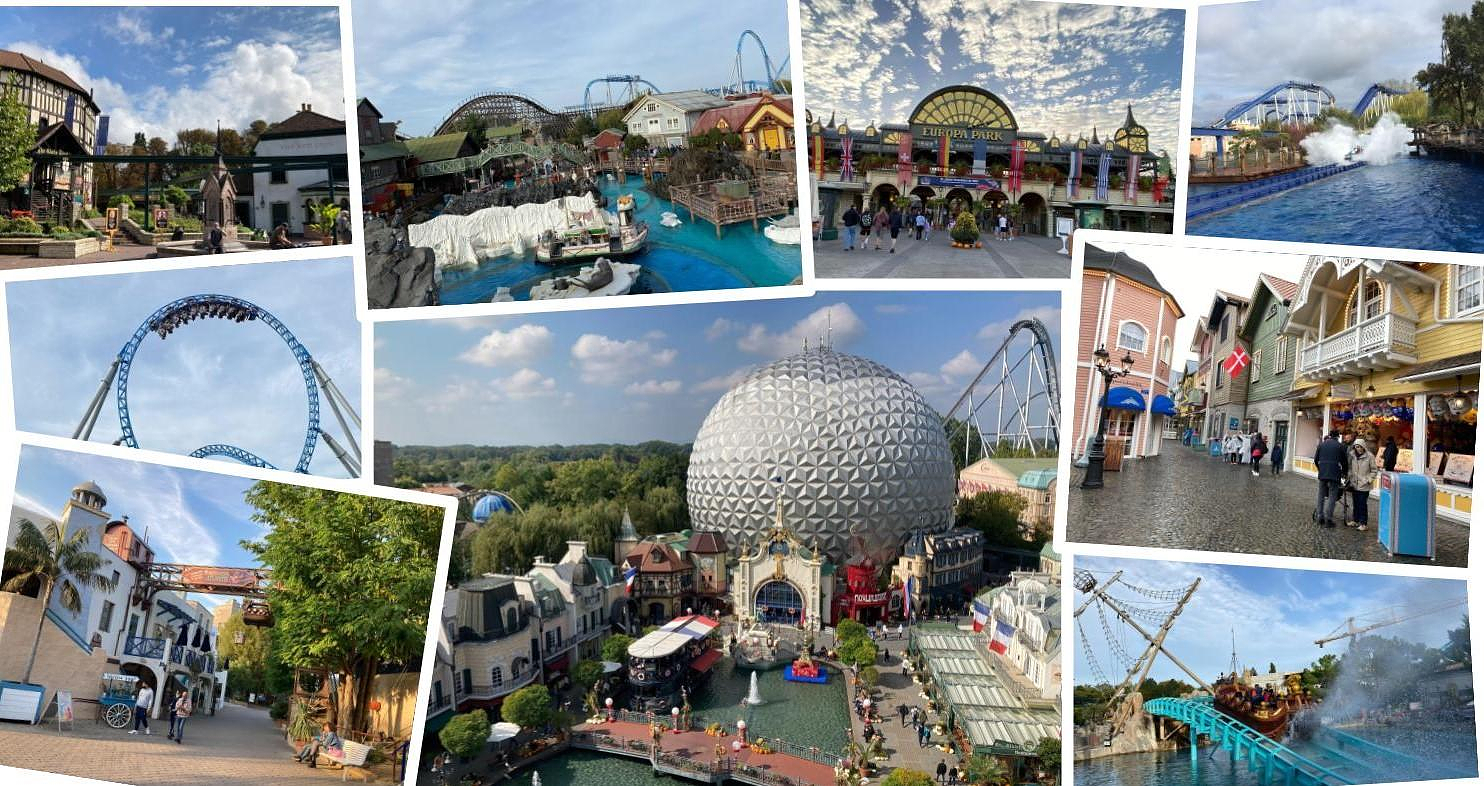Games but no bread? French grain producers fear losses of several hundred million euros due to navigation restrictions on the Seine during the Olympic Games in the summer of 2024, at the height of the harvest period. “Every year, 3 million tonnes of grain circulate on the Seine to reach the seaport of Rouen. This is approximately 350,000 tonnes per month. But in July-August, at the height of the harvest period, we go up to 800,000 tonnes,” explains Jean-François Lépy, responsible for logistical issues for Intercéales, which brings together producers, cooperatives, traders and first processors.
As a safety measure and to allow the installation of equipment, the Île-de-France prefecture has decided to completely close navigation on the Seine "around seven days before the opening ceremony" of the Olympic Games, the July 26. For “less than 20 days”, over the period from July 27 to September 8, “last day of the Paralympic events”, navigation will be interrupted “between 2:00 a.m. and 11:00 a.m. to allow the Olympic swimming events in the Seine”, specifies the prefecture.
Cereal growers initially feared a closure over the entire period: “this would have cost the sector 500 million euros, with additional costs in storage sites, silos, for transport, and labor. ..”, lists Jean-François Lépy, also boss of Soufflet Négoce by InVivo, a European grain trading giant. But, even reduced to a period of seven or eight days, the closure of the Seine is experienced as “a catastrophe” in the leading European producer and exporter of cereals.
While, under the effect of global warming, the harvests are brought forward each year, the first barleys will arrive at the beginning of July, followed by wheat and rapeseed, followed by the first sunflowers and corn at the end of August-beginning of September. Mountains of grain then leave the farms to reach the secondary river ports upstream of the Seine, at Melun, Grigny, Bonneuil or Nogent-sur-Marne. A noria of small barges crosses Paris to reach Rouen, the port at the bottom of the estuary through which half of French cereal exports pass today.
Also read: Ukrainian cereals have become a “nightmare” for European farmers
We go from a size of 1000 tonnes in a small port like Nogent to barges of 2 to 2500 tonnes on the Seine, then ships of 30 to 50,000 tonnes are loaded in Rouen, before reaching the open sea, direction Casablanca, Abidjan or China aboard sea giants. “If the flows are blocked upstream, we do not have the capacity to load and respect our contracts: the problem, for storage organizations, cooperatives and traders, has repercussions in cascade, with penalties for boats immobilized at the quay , and at the end of the chain, delivery delays and penalties for exporters,” explains Alain Charvillat, responsible for cereal exports at the agro-logistician Sénalia, which carries out 25% of French cereal exports by sea. .
Each stage involves transshipment, storage in transit silos, controls, compliance with lock or tide schedules... a logistical headache that can be anticipated. “We had a first meeting in the prefecture in the fall: it was already too late to consider a postponement on rail transport, which requires anticipation of a year and a half”, without counting the additional costs, affirms Jean-François Lépy.
The truck is not an option: “To move 1,500 tonnes, you need 50 trucks, and during harvest time, we already have a shortage of drivers,” he adds. To limit damage, the inter-professional association is asking to be able to organize “two exceptional convoys of 20 to 30 barges” during the total closure period of one week, “which would help relieve congestion in the ports”. But for the moment, "it's no": "It's not possible with everything that has to be implemented for the opening ceremony in terms of structures, pontoons, decorations and security", indicates we go to the regional prefecture.
“Without these convoys, if the harvests are early – and this is a probability – delays will accumulate, with piles of grain in the open air waiting for transport and storage,” underlines Alain Charvillat, who fears “great risk of loss in the event of bad weather”. A new meeting is planned at the prefecture on January 19. On the prefecture side and cereal producers, we are “looking for solutions”, we assure.

 Who was Dror Or, the Israeli father who died as a hostage in the hands of Hamas?
Who was Dror Or, the Israeli father who died as a hostage in the hands of Hamas? “Pay in cash”: at his trial, Donald Trump faced with an embarrassing recording
“Pay in cash”: at his trial, Donald Trump faced with an embarrassing recording Italy: a grandmother accidentally serves a bottle filled with wine to a baby, he has an alcoholic coma
Italy: a grandmother accidentally serves a bottle filled with wine to a baby, he has an alcoholic coma The mysterious skeletons of Hermann Göring's villa
The mysterious skeletons of Hermann Göring's villa Children born thanks to PMA do not have more cancers than others
Children born thanks to PMA do not have more cancers than others Breast cancer: less than one in two French women follow screening recommendations
Breast cancer: less than one in two French women follow screening recommendations “Dazzling” symptoms, 5,000 deaths per year, non-existent vaccine... What is Lassa fever, a case of which has been identified in Île-de-France?
“Dazzling” symptoms, 5,000 deaths per year, non-existent vaccine... What is Lassa fever, a case of which has been identified in Île-de-France? Sánchez cancels his agenda and considers resigning: "I need to stop and reflect"
Sánchez cancels his agenda and considers resigning: "I need to stop and reflect" Health carpooling, this source of savings which arouses the ire of patients and taxis
Health carpooling, this source of savings which arouses the ire of patients and taxis Tesla Model 3, MG4 and Dacia Spring.... With the end of the ecological bonus, these electric cars produced in China are seeing their sales fall
Tesla Model 3, MG4 and Dacia Spring.... With the end of the ecological bonus, these electric cars produced in China are seeing their sales fall For the 2024 Olympics, Airbnb commits to fighting prostitution in its accommodation
For the 2024 Olympics, Airbnb commits to fighting prostitution in its accommodation “Shrinkflation”: supermarkets obliged to alert their customers from July 1
“Shrinkflation”: supermarkets obliged to alert their customers from July 1 The electro of Justice and the echoes of Portishead
The electro of Justice and the echoes of Portishead 1924 Olympic Games: according to his daughter, the hero of Chariots of Fire was “not a bigot”
1924 Olympic Games: according to his daughter, the hero of Chariots of Fire was “not a bigot” The “German Brothel” in Yvelines: an uncertain future for the ruined residence
The “German Brothel” in Yvelines: an uncertain future for the ruined residence The eye of the INA: when Paul Auster visited Bernard Pivot
The eye of the INA: when Paul Auster visited Bernard Pivot Omoda 7, another Chinese car that could be manufactured in Spain
Omoda 7, another Chinese car that could be manufactured in Spain BYD chooses CA Auto Bank as financial partner in Spain
BYD chooses CA Auto Bank as financial partner in Spain Tesla and Baidu sign key agreement to boost development of autonomous driving
Tesla and Baidu sign key agreement to boost development of autonomous driving Skoda Kodiaq 2024: a 'beast' plug-in hybrid SUV
Skoda Kodiaq 2024: a 'beast' plug-in hybrid SUV The home mortgage firm rises 3.8% in February and the average interest moderates to 3.33%
The home mortgage firm rises 3.8% in February and the average interest moderates to 3.33% This is how housing prices have changed in Spain in the last decade
This is how housing prices have changed in Spain in the last decade The home mortgage firm drops 10% in January and interest soars to 3.46%
The home mortgage firm drops 10% in January and interest soars to 3.46% The jewel of the Rocío de Nagüeles urbanization: a dream villa in Marbella
The jewel of the Rocío de Nagüeles urbanization: a dream villa in Marbella Facing Jordan Bardella, the popularity match turns to Gabriel Attal’s advantage
Facing Jordan Bardella, the popularity match turns to Gabriel Attal’s advantage Europeans: a senior official on the National Rally list
Europeans: a senior official on the National Rally list Blockade of Sciences Po: the right denounces a “drift”, the government charges the rebels
Blockade of Sciences Po: the right denounces a “drift”, the government charges the rebels Even on a mission for NATO, the Charles-de-Gaulle remains under French control, Lecornu responds to Mélenchon
Even on a mission for NATO, the Charles-de-Gaulle remains under French control, Lecornu responds to Mélenchon These French cities that will boycott the World Cup in Qatar
These French cities that will boycott the World Cup in Qatar Monaco - Clermont: Minamino cornerstone, Fofana essential, the Clermont defense overwhelmed... The tops and the flops
Monaco - Clermont: Minamino cornerstone, Fofana essential, the Clermont defense overwhelmed... The tops and the flops Gymnastics: two gold medals for the Italian Manila Esposito during the European Championships
Gymnastics: two gold medals for the Italian Manila Esposito during the European Championships Champions Cup: in pain, Leinster beats Northampton and qualifies for the final
Champions Cup: in pain, Leinster beats Northampton and qualifies for the final Liga: Real Madrid crowned champion of Spain after FC Barcelona's defeat in Girona
Liga: Real Madrid crowned champion of Spain after FC Barcelona's defeat in Girona


















